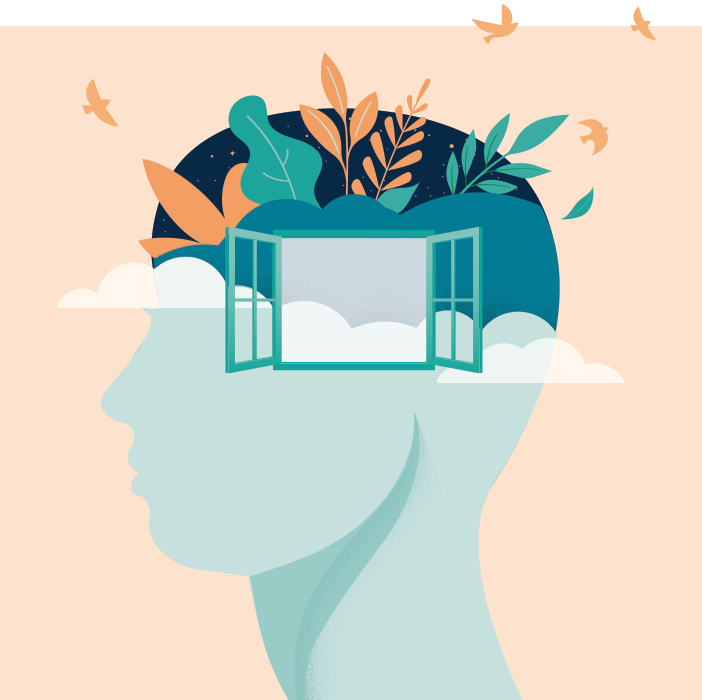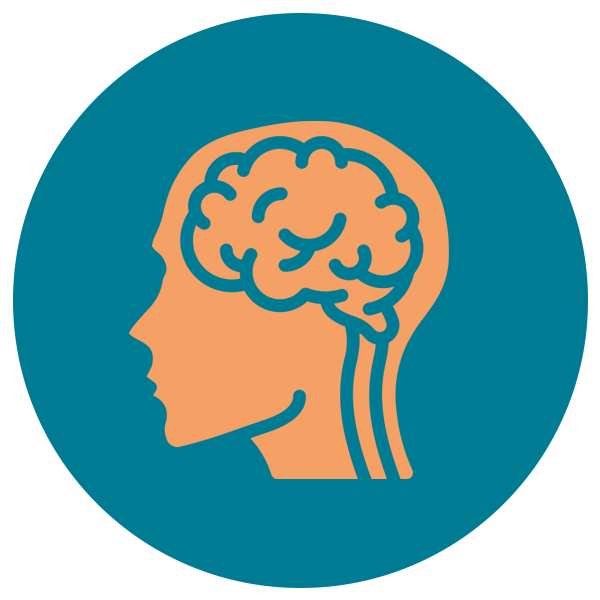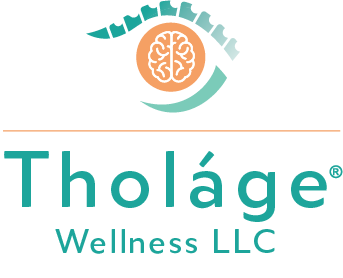Be on the Cutting Edge of Psychotherapeutic Neuroscience
Tholáge® is a system of protocols meant to help patients learn to manage their own nervous systems. You and your patients are taught to choose which combinations of protocols to use based on their location within the Window of Tolerance (WoT) diagram.
Tholáge® also helps patients access their suppressed emotions, because emotion suppression (ES) has been linked to numerous mental disorders, including depression, anxiety, trauma disorders, eating disorders and more. Tholáge® also helps patients access suppressed and repressed memories.
Tholáge® Neuropsychotherapy Training trains mental health clinicians in its protocols, and it teaches you the neuroscience of the protocols in clear but detailed fashion. We also show you a simple way to share that information with your patients.
What is Tholáge®?
Tholáge® consists of multiple novel protocols, combined in specific ways to move your patients down from fight-or-flight, or up from freeze—or to help them if they go back and forth between each. Tholáge® is designed to help patients move into the Window of Tolerance (WoT), and to help them expand that window and stay there. But how does Tholáge® do this?
Tholáge® does this by helping patients access suppressed emotions, which are transdiagnostic of numerous mental disorders, including trauma, depression, anxiety and many more. Research shows that suppressed emotions are associated with both the anxious disorders of fight-or-flight and the depression and numbing out of freeze. Even rage is associated with suppressed emotions.
But one more thing keeps patients stuck above or below the WoT: the tremendous fears associated with attachment insecurity. So, Tholáge® helps patients strongly reduce attachment fears.
Tholáge® Conceptualization of Symptoms
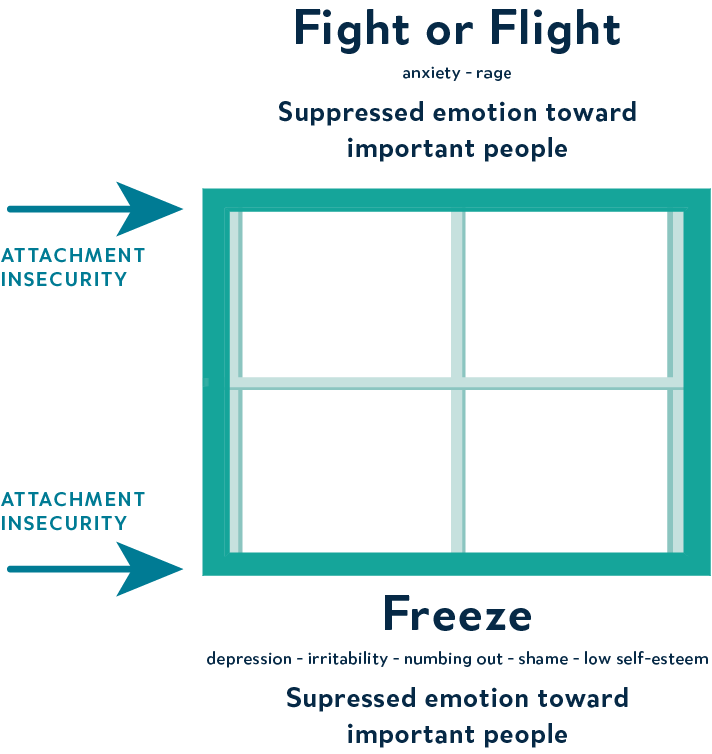
Tholáge® helps patients access suppressed emotions two ways: directly and indirectly.
Tholáge® Neuropsychotherapy Training teaches you novel techniques—natural, non-invasive biological exercises, known as psychophysiological exercises, as well as the mental exercises that complement them. These exercises help patients access specific neurochemicals, covered in the Neuroscience page. There are two main groups of these exercises:
- Direct accessing of emotions—psychophysiological and mental exercises that access neurochemicals that are activating and stimulate the part of the amygdala that accesses emotions and memories
- Indirect accessing of emotions—psychophysiological and mental exercises that access neurochemicals that replicate the middle of the WoT and increase feelings of social connectedness and safety
Current research shows these chemicals are ideal for increasing access to emotions and emotional processing, and reducing symptoms. There are also impacts on the processing and storage of traumatic memories and on neuroplasticity.
Help Patients Rewire their Brains with the Tholáge® Approach
Tholáge® Approach
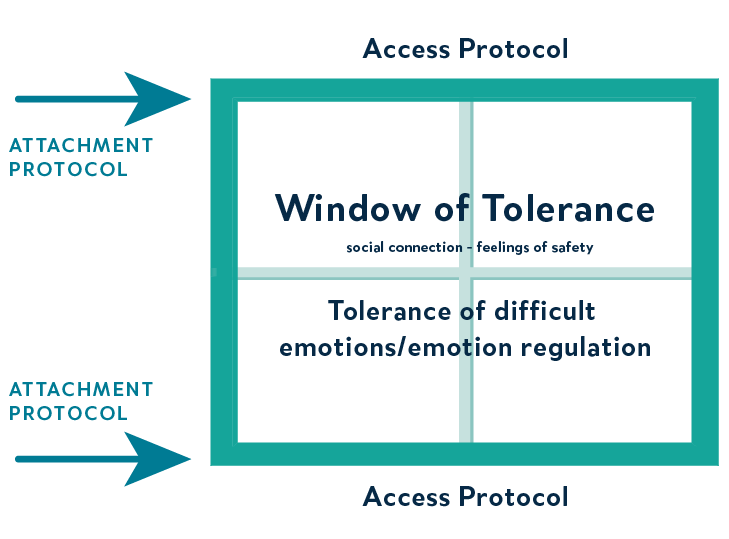
Tholáge® training also helps improve clinical understanding of traumatic memory at the neural level, and it teaches clinicians how to change the physiological impact of those memories in a deeper way than other treatments.
Further, Tholáge® allows for accessing of the neurochemicals involved in improving neuroplasticity. So, beyond immediate symptom reduction, Tholáge® helps patients rewire their brains.

